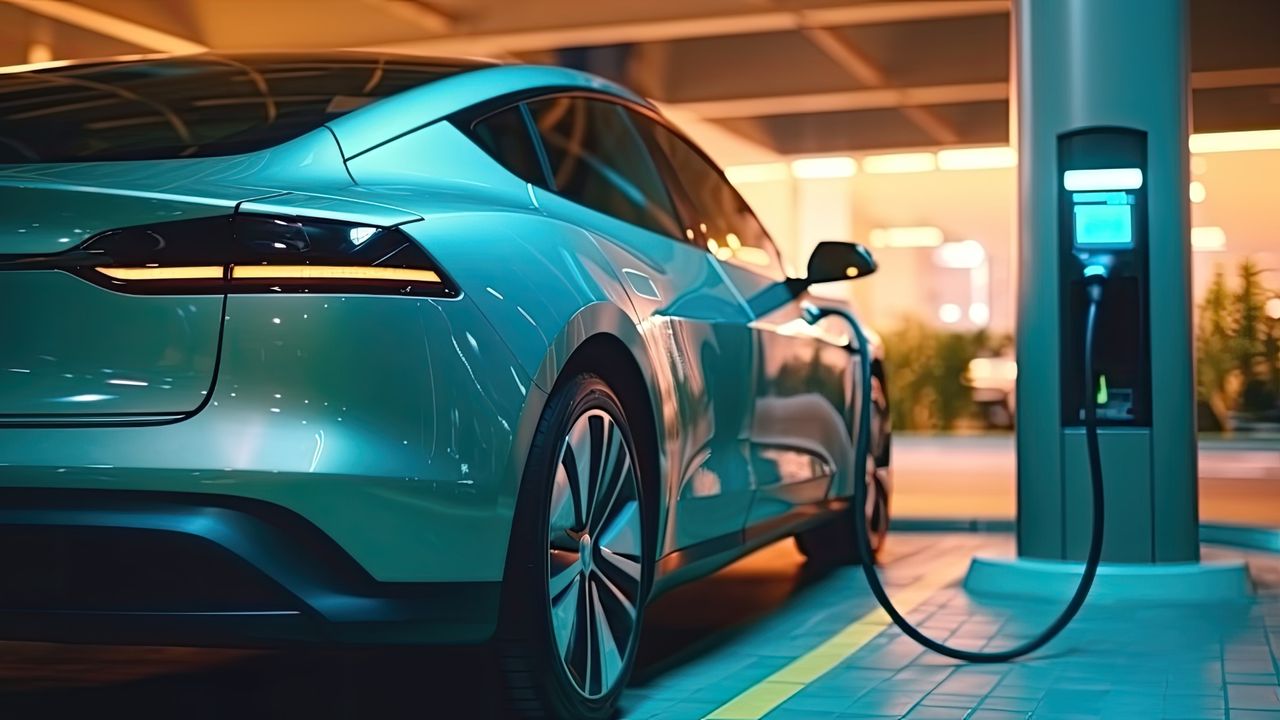Electric Vehicle Market Growth and Projections: Exploring EV Market Trends, Technological Advancements, and Consumer Demand
Electric vehicles (EVs) have gained significant traction in recent years, with the market experiencing remarkable growth and projections. This surge can be attributed to several factors, including EV market trends, technological advancements, and consumer demand. In this article, we delve into these aspects to understand the current landscape and future prospects of the electric vehicle industry.
EV Market Trends
The electric vehicle market is witnessing a paradigm shift, driven by various trends that are reshaping the automotive industry. One of the key trends is the increasing focus on sustainability and environmental consciousness. As concerns about climate change and air pollution continue to rise, more consumers are opting for electric vehicles as a greener alternative to traditional combustion engine cars.
Another significant trend is the growing investment and support from governments and regulatory bodies. Many countries have implemented policies and incentives to encourage the adoption of electric vehicles, such as tax credits, subsidies, and infrastructure development. These initiatives have played a crucial role in boosting the EV market and making electric vehicles more accessible to the general public.
Furthermore, the EV market is witnessing a surge in partnerships and collaborations between automakers and technology companies. This convergence has led to the development of innovative solutions and accelerated the pace of technological advancements in the electric vehicle industry.
Technological Advancements
Technological advancements have been instrumental in driving the growth of the electric vehicle market. One of the most notable breakthroughs is the improvement in battery technology. Lithium-ion batteries, which power most electric vehicles, have become more efficient, affordable, and capable of providing longer driving ranges. This has alleviated one of the major concerns associated with EVs – range anxiety.
In addition to battery technology, advancements in charging infrastructure have also played a crucial role in the widespread adoption of electric vehicles. Fast-charging stations are becoming more prevalent, reducing charging times significantly and making EVs more convenient for consumers. Moreover, wireless charging technology is also being explored, which could further simplify the charging process and enhance user experience.
Furthermore, autonomous driving technology is poised to revolutionize the electric vehicle market. Self-driving capabilities not only offer convenience but also have the potential to improve safety and efficiency on the roads. As autonomous technology continues to evolve, it is expected to become a standard feature in electric vehicles, further driving their popularity.
Consumer Demand
Consumer demand for electric vehicles has been steadily increasing, driven by several factors. One of the primary drivers is the lower operating costs of EVs compared to traditional cars. Electric vehicles have lower maintenance and fuel costs, making them more economical in the long run. Additionally, as battery prices continue to decline, the upfront cost of electric vehicles is becoming more affordable, further driving consumer demand.
Another factor contributing to consumer demand is the improved design and performance of electric vehicles. Modern EVs offer sleek designs, advanced features, and impressive acceleration, challenging the perception that electric cars are less exciting than their gasoline counterparts. As a result, more consumers are opting for electric vehicles not only for their environmental benefits but also for the overall driving experience they offer.
Moreover, the increasing availability of electric vehicle models across different segments, including sedans, SUVs, and even pickup trucks, has expanded the options for consumers. This diversification has catered to a broader range of consumer preferences and lifestyles, further boosting the demand for electric vehicles.
Conclusion
The electric vehicle market is experiencing significant growth and projections, driven by EV market trends, technological advancements, and consumer demand. As sustainability becomes a top priority and governments continue to support the transition to electric mobility, the future of the electric vehicle industry looks promising. With ongoing advancements in technology and increasing consumer acceptance, electric vehicles are poised to become the dominant mode of transportation in the coming years.
